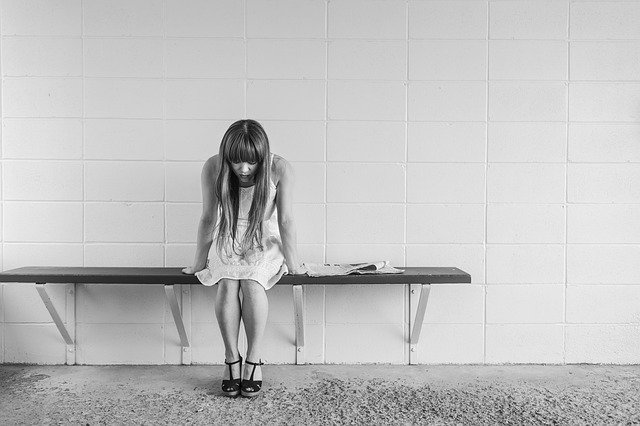Mental Health
Depression (major depressive disorder)
By I.K. (staff writer) , published on October 21, 2020

Medicine Telehealth Health Mental Health Depression
Depression is a mood condition that induces a recurrent sense of depression and lack of confidence. Often known as major depressive disorder or clinical depression, it affects how you act, think and respond and can contribute to a variety of mental and physical issues. You may have difficulty completing regular day-to-day things, and sometimes you may feel like life is not worth living.
Symptoms
While depression may only occur once in your life, people normally have several episodes. In these episodes, symptoms appear most of the day, almost every day, and can include:
- Feelings of sorrow, tearfulness, emptiness, or misery.
- Angry outbursts, irritability or anger, even on unimportant things.
- Loss of participation or enjoyment in any or all daily things, such as sex, habits and sports.
- Sleep disorders, like fatigue or too much sleep.
- Tiredness and lack of motivation, because even minor activities need extra work.
- Reduced appetite and weight loss or intensified hunger for food and weight gain.
- Anxiety, frustration, restlessness.
- Slow learning, talking, or body motions.
- Feelings of worthlessness or remorse, fixing on previous mistakes or self-denial.
- Trouble thinking, planning, making decisions, recalling things.
Causes
Common causes of depression include:
Family History. You are at greater risk of experiencing depression if you have a family history of depression or other mood illness.
Early Childhood Trauma. Any incident can have an effect on the body's reaction to anxiety and traumatic circumstances.
Brain Structure. There is a higher chance of depression if the brain's frontal lobe is less effective. However, scientists do not know whether this occurs before or after the onset of depressive symptoms.
Drug Use. History of drug or alcohol addiction can affect your risk.
Treatment for depression
You may be able to effectively handle problems with one type of medication, or you may find that a mixture of treatments fits best.
It is popular to mix medical and lifestyle therapies, including the following:
Medications
Your healthcare provider may recommend the following:
- antidepressants
- antianxiety
- antipsychotic medications
Psychotherapy
Working with a psychiatrist will help you learn the tools to deal with stressful emotions. You may also take advantage of family or group counselling sessions.
Exercise
Plan 30 minutes of physical exercise 3 to 5 days a week. Exercise can increase the development of endorphins by your body, which are hormones that boost your mood.
Preventing depression
Depression is not commonly considered preventable. It's difficult to understand what triggers it, which means it's more difficult to avoid it. But after you have undergone a depressive episode, you will be better positioned to avoid a possible episode by understanding which behavioral changes and interventions are beneficial.
Techniques that may help include:
- regular exercise
- getting plenty of sleep
- maintaining treatments
- reducing stress
- building strong relationships with others
References
https://www.ncbi.nlm.nih.gov/books/NBK430847/
https://www.ncbi.nlm.nih.gov/pmc/articles/PMC4115320/
https://www.ncbi.nlm.nih.gov/books/NBK279285/
Find articles related to: Medicine Telehealth Health Mental Health Depression
More articles about Mental Health
Back to the Health Tips Index




